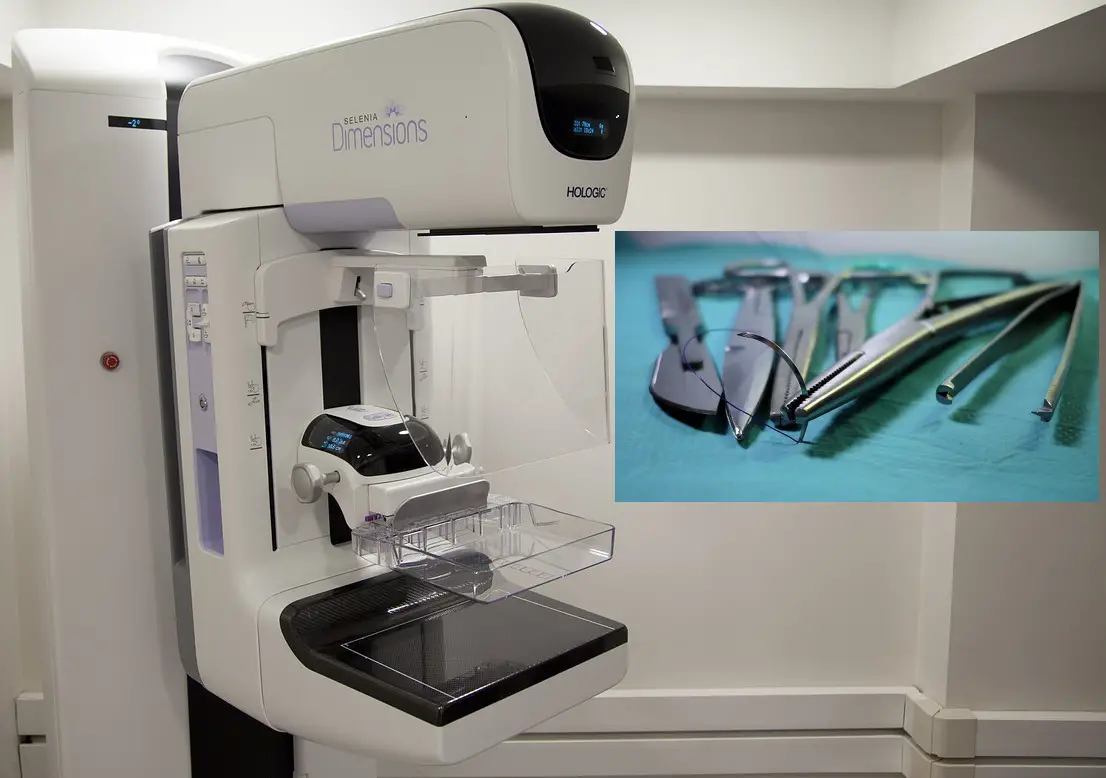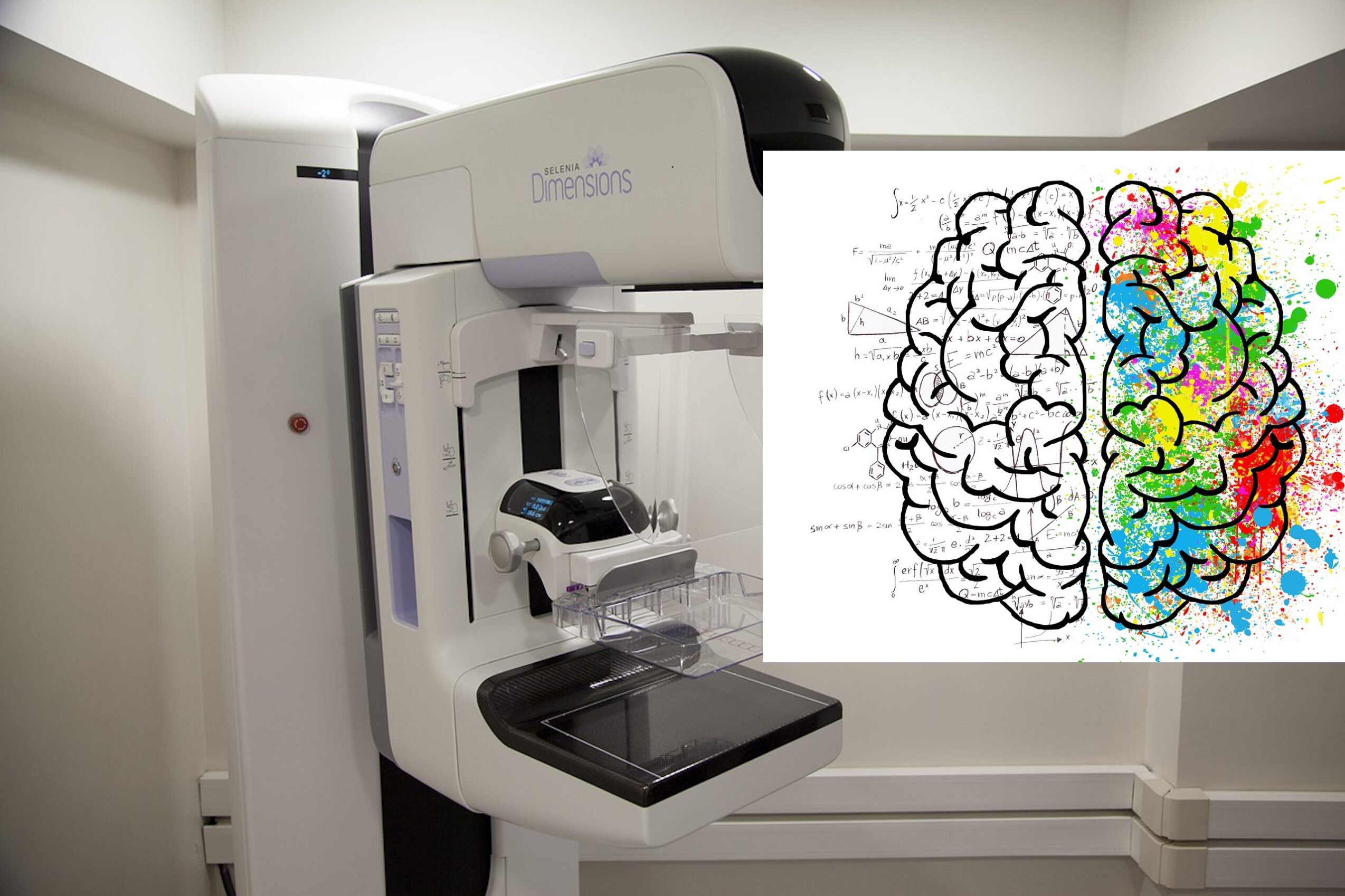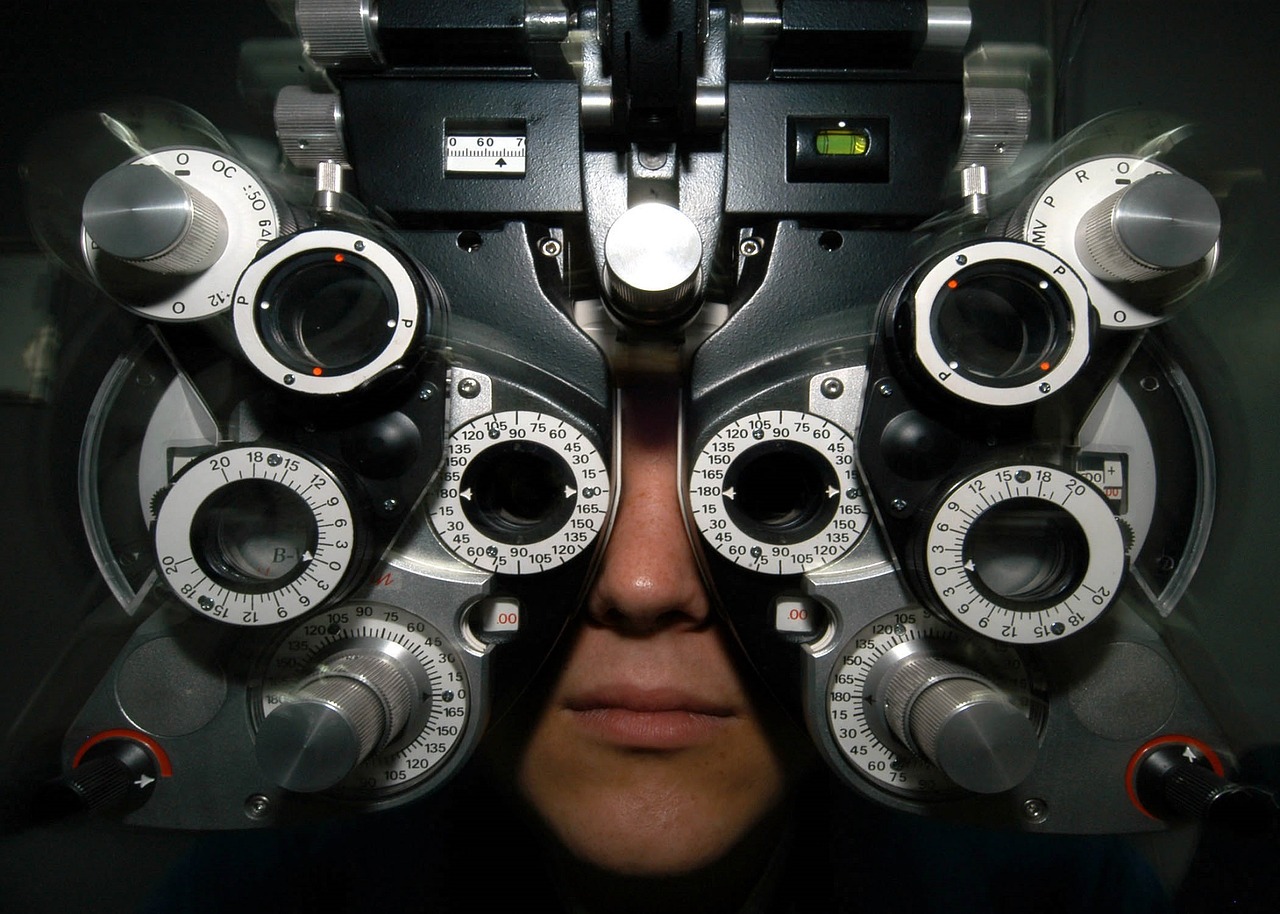
Question Theme: Is Radiology Falling Apart?
Hi, thanks for doing this blog, it’s been an excellent resource for me as a medical student interested in radiology.
As a medical student, there is a lot about radiology as a field that appeals to me; the short “patients”, the diagnostic nature (you give your interpretation, and you finish w/ the patient), the fact that work doesn’t come home, the essence of medicine being radiology, the flexibility of the field in having non-medical interests, etc. However, as someone who wouldn’t be practicing for the next 7-8 years at least, and as someone who wants ideally to have a substantial long career, there are a couple of things that give me pause that I hope you can clear up.
1) I’ve heard a lot of conflicting thoughts about the radiology job market and the increasing “race to the bottom” for salaries along with w/ increases on workload. Can you comment at all on this and how you see the trends for several years out?
2) I have always leaned toward being a private practice physician. And, I know the direction across all specialties is increased consolidation (practices being bought out by hospitals, venture capitalists, etc.), but it seems like radiology is more prone to this than other fields. Do you see this trend holding for the near future?
3) Re: increasing workload; how flexible are practice options still? Is going to Hawaii or New Zealand for weeks at a time to do remote reads even feasible? What are the main practice options viable for a starting radiologist outside of being an academic/private radiologist?
4) In a similar vein, do you see radiology going down a comparable path to EM, where you have many shifts at odd times and holidays? With the push towards 24/7 coverage, I’ve heard rumors this could be the future of the field, and I do not like the schedules EM physicians have at all.
5) Finally, as more of a fun question, what are some of the most exciting things on the horizon for radiology as a field? I know we hear a lot about AI, but I’m assuming there’s more in the pipeline besides that. Perhaps any new modalities altogether? Or whatever else is exciting to you personally.
Thank you so much for helping out a “jaded” and burnt out M3! Continue being great!
Answers:
Great question(s). Each of these queries can be an entire blog! But, I will try to answer each of these in short order.
Will radiology be involved in the “race to the bottom” for income? Well, I do agree that over time, the workload has been ramping up due to increasing efficiencies created by technology. And, I see that trend continuing. However, the pattern will take a slightly different path. But, let me start with a little radiology history.
Initially, the first expansion of work for radiologists was multiple new modalities (ultrasound, CT, and MRI.) Then, the next revolution was the PACs system and the digitization of images. Now, we are about to experience a new generation of efficiency, that would be the software and AI revolution to assist you with your work. So, yes, you will be continuing to read more studies quicker. And, the government will not be adding new money into the system. Therefore, we will be much busier over time, and the money reimbursed per procedure will decline. However, with AI, it may not be “harder” to read these studies because AI will help you with things like triage, dictation, and detection. So, if you like technology and anatomy, radiology will still be the best field in medicine!
What about consolidation? Unfortunately, I believe that this trend will continue for a while. Economies of scale will continue to make larger better. What does that mean for you? You will more likely need to work for either a large private practice group, a corporate entity (i.e., large teleradiology company), or a large academic center. The days of 2-10 person private practices are slowly drifting away! (I was thinking about writing on this topic in an up and coming blog as well!)
How flexible are the options to practice? Well, here is where radiology takes the cake. Again, it depends on your debt load and your desire to work. But, all the options that you mentioned are still available. Hawaii and New Zealand are more than possible. And, you can work any number of days per week. Just like any other field, however, the less you work, the less you will make. So, you need a financial backstop if you want these options! If you desire a more atypical area to practice in radiology, that is available too. Try informatics if that suits you! Or, consultation work is possible. The sky is the limit in terms of flexibility!
Will radiology work turn into ER shift work? I believe you will have several choices and that it depends on how you choose to practice radiology. As I mentioned in the last paragraph, I think we will continue to see lots of options to decide how to practice. But, for many young graduates, you are right, some may be forced to do shift work depending on their debt level and where they want to live. But, by no means, will you have to do shift work. Clinicians wish for the presence of a physical radiologist in their hospitals. And, day time work will still be available.
What do I find exciting about radiology? That can also be an expansive answer. However, I am a nuclear radiologist, and I am fascinated by the new varieties of diagnostic radiopharmaceuticals coming down the pike for all sorts of diseases. Additionally, I see loads of new cancer treatments with new radiopharmaceuticals as well. Moreover, PET-CT and SPECT-CT technologies are markedly improving, making visualization, and diagnosis more straightforward and quicker. In terms of other areas, MRI is a continually developing field with new sequences and contrast agents in numerous different fields (MSK, Breast, etc.) And, these technologies are expanding on top of an AI platform. So, is the future of radiologist exciting and bright? Certainly, yes!!! And, once again I can’t emphasize enough the answer to the theme of this letter, “Is Radiology Falling Apart?”, a firm no!
I hope this (briefly) answers and alleviates some of your questions and concerns,
Barry Julius, MD
















